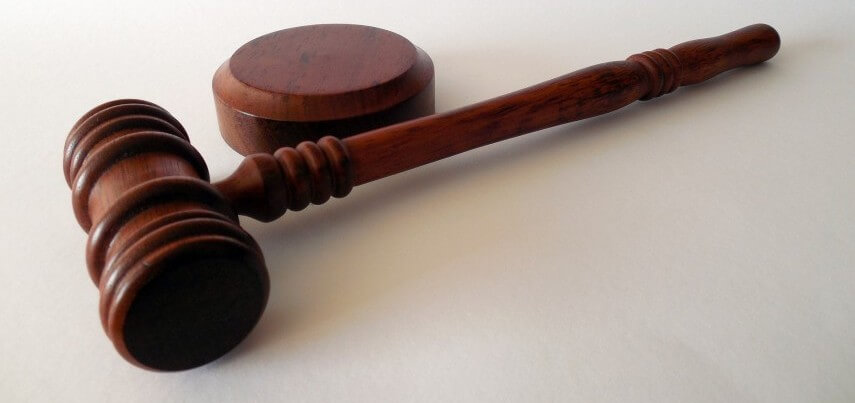Planning To Buy Property Via Bank Auction? Keep These In Mind

Recently, the lenders to Vijay Mallya's now-grounded Kingfisher Airlines put one of the group's flagship properties – Kingfisher House in Mumbai – on the block under the e-auction process. Though the e-auction for the property opened and closed on the same day without receiving any bids, there were many questions in the minds of investors who might want to participate in such auctions.
MakaanIQ lists the things you should keep in mind if you are planning to buy a property in distressed asset sale.
What is distress sale?
The Securitisation and Reconstruction of Financial Assets and Enforcement of Security Interest (Sarfaesi) Act, 2002, authorises banks to auction mortgaged properties in case of a payment defaults by borrowers. To make the process more transparent, banks have started selling such properties through e-auction, which also helps them cater to a wider section of people.
Investing in a distressed asset may help you bag a great deal, because properties being sold in bank auctions are sold at relatively low prices – the rates are quoted on the basis of government guidance value, instead of the prevalent market value. Also, the main objective of a bank in a distress sale is recovering dues, not making profit. The bank decides on a reserve price below which the property cannot be sold. The auction process starts from the reserve price and may proceed upwards. If a property is sold for a profit, the bank has to return the amount to property owner after deducting principal, interest, penalty, charges, etc.
However, before you invest in such a property, here are a few things that you should know:
The terms
Earnest money deposit (EMD): This is the amount paid by a potential buyer to the bank before the start of the auction process. You could participate in the auction only after depositing this amount. Normally Kept at 10 per cent of the reserve price of a property, EMD is refundable in case you lose the bid. In most cases, a successful bidder has to pay 25 per cent of the agreed sale value on the day of the auction and the remaining amount is to be deposited within 15 days.
Asset reconstruction company (ARC): There are many specialised agencies, known as ARCs, which help banks in property auction. Companies like Asset Reconstruction Company of India Ltd conduct the auctioning of repossessed properties along with banks.
The checklist
When buying a property in an auction, it is important for you to ensure all documents are in place. As a rule, banks do not undertake any responsibility of such properties and in case of a dispute you may have to fend for yourself.
Here are a few documents that you should check before buying such properties:
Recovery certificate (RC): It is issued by a Debt Recovery Tribunal (DRT) to banks or financial institutions. By granting an RC, the DRT authorises a bank to proceed with the property auction.
Incidental charges: When you buy a property through a bank auction, you may be required to pay certain charges that are not part of the deal. These include statutory dues, penalty over non-registered property, maintenance charges and pending litigation.
Statutory dues are the pending municipal dues that the property might have pending, such as water tax, sewage tax, property tax, etc. Such dues would require to be cleared by the buyer before the property transfer takes place.
Many old properties are found un-registered. If you buy such a property, you will have to pay the pending registration charges, along with a penalty. This is called penalty over non-registered property.
It may also happen that the previous owner did not clear maintenance dues like electricity bill, telephone bill, etc. Apart from the maintenance charges of the housing society, there are other recurring charges which have to be paid before the property sale can take place.
A property might be stuck in a legal battle over inheritance or government acquisition, etc. Ensure the property you are going to buy does not have a pending litigation and is clean on that front.
Other things to keep in mind
- If the original owner of the property becomes the confirming party of the entire transaction, he will not be able to challenge the auction before the court later.
- A buyer should also obtain the original sale deed of the property. Besides, the buyer should also have valid receipts confirming that the entire sale amount has been paid to the bank.
- A buyer may ask the bank to issue an indemnity certificate, stating that the latter will be responsible if the former suffers loses at a later stage. This certificate will be of great help in case the original owner files a court case at a later stage.
- Many housing societies have the right of first refusal over sale of their property. This is why a buyer should ask the bank to obtain a no-objection certificate (NOC) from the housing society. The NOC should also mention that the property has no pending dues with the society.
- Reading each detail of the bid document is crucial. Missing any small detail may prove a major problem in future.
